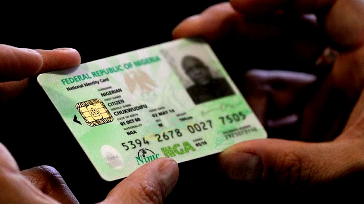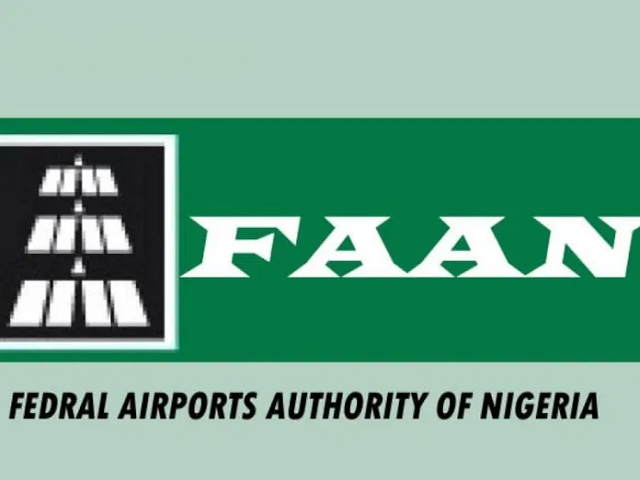The World Bank raises Nigeria’s target for the Digital Identity for Development (ID4D) project, increasing the number of National Identification Numbers (NIN) to be issued from 148 million to 180 million. This adjustment follows Nigeria’s significant progress in expanding its digital identity system, even though the original target for June 2024 has not been met.
As of October 2024, the National Identity Management Commission (NIMC) has issued NINs to 115 million Nigerians and legal residents. However, despite this progress, the World Bank highlights a notable gap, particularly among women, persons with disabilities, and other vulnerable groups, who still lack digital identification. This gap limits their access to government services, financial inclusion, and participation in the digital economy.
The World Bank emphasizes that the ID4D project is working to address this gap through targeted enrollment programs focused on these vulnerable populations. “The project aims to support universal NIN coverage by raising the target number of NINs to be issued, which will have a transformational impact by enabling Nigerians to use digital identification for prosperity,” the Bank states.
The Nigerian government requests a three-year extension of the ID4D project, and the World Bank agrees to a two-stage restructuring plan. The first stage, processed in June 2024, extends the project’s closing date from June 30, 2024, to December 31, 2024. This extension allows the government to further demonstrate its commitment to the project, including the development of a new national identity management system that is open-source, modular, interoperable, and scalable.
The second stage of the extension, proposing an additional 24 months, aims to complete remaining critical activities and achieve the project’s development objectives by December 31, 2026.
The total financing for the ID4D project amounts to $430 million, with contributions from the World Bank’s International Development Association (IDA), the French Development Agency (AFD), and the European Investment Bank (EIB). So far, 53.16% of the funds have been disbursed. The World Bank notes that Nigeria is making significant progress toward meeting the final disbursement condition, which involves amending the NIMC Act to ensure an inclusive and non-discriminatory legal framework. The amendment has passed two readings in the National Assembly, and the third and final reading is scheduled for January 2025, after which the President is expected to assent to the Bill in February 2025.
The World Bank also highlights that the ID4D project supports key legislative efforts, including the Cybersecurity Bill and the Nigeria Digital Economy and e-Governance Bill (NDEB). These bills aim to strengthen Nigeria’s position in the global digital economy, addressing critical issues such as cybersecurity, e-signatures, and e-commerce.
Nigeria continues to make progress in building a robust and inclusive identity management system. The World Bank points to several key developments, such as the expansion of the Automated Biometric Identification System (ABIS), which will be capable of storing 250 million NINs by March 2025. Other improvements include upgrades to the National Identity Management System (NIMS), focusing on privacy, performance, fiduciary, monitoring, and risk management, to ensure more effective service delivery.
The new NIMS, being developed under the project, is expected to function as an interoperable platform for both public and private sectors, enhancing service delivery and supporting the development of digital public infrastructure (DPI) in Nigeria.
The World Bank notes that successful implementation of Nigeria’s national digital identity system could set a benchmark for the entire region. As Africa’s most populous country and second-largest economy, Nigeria is well-positioned to lead the continent in creating open, interoperable systems that provide broader access to services and stimulate the digital economy.
The Nigeria ID4D project was approved by the Board of Executive Directors of the International Development Association (IDA) in February 2020, with the financing agreement signed in February 2021 and the project becoming effective on December 14, 2021. The project’s goal is to increase the number of people with a national ID number, supported by a robust and inclusive identity system, to facilitate their access to essential services.













